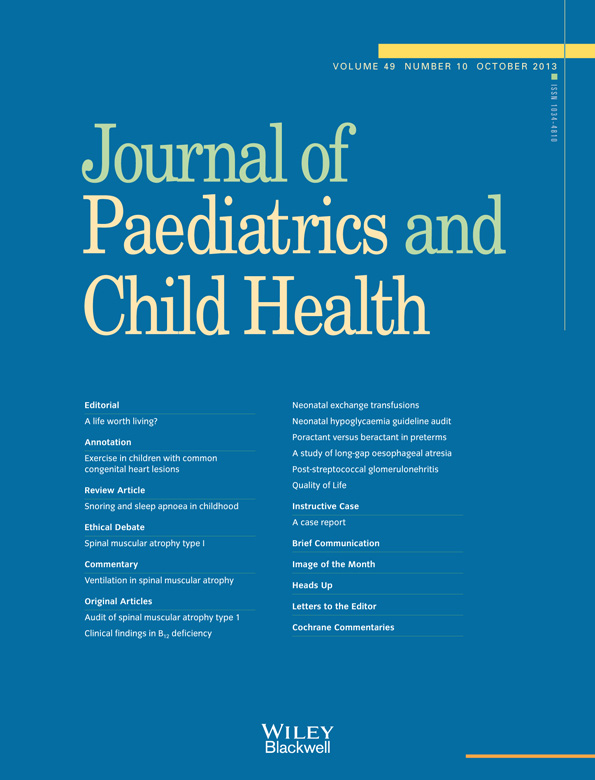Ethical issues in hypoplastic left heart syndrome
Our cardiothoracic and cardiac colleagues tell us that ‘practitioners in congenital heart disease have largely dealt with and moved on from the ethical dilemmas posed by HLHS [hypoplastic left heart syndrome]’ and go on to argue that it is ‘time to move on from historical concepts regarding HLHS’.1 We are concerned that this implies that parents are being and will continue to be counselled antenatally and postnatally to have surgery, rather than being given a full explanation of the risks and benefits of surgery compared with termination or palliative care after delivery. The authors' phrase about moving on from ethical dilemmas also implies that survival from surgery rather than examined quality of life will be the major determinant of future counselling. Already in North America almost all paediatric cardiologists and surgeons surveyed (99.7%) discuss staged palliative surgery, but only 62.2% mention the option of compassionate care without surgery.2 Yet half of all North American paediatric nurses would terminate an affected pregnancy, while, if the baby is born, 48% of residents and 68% of nurses would choose or seriously consider comfort care, the proportion choosing comfort care increasing with increasing experience.3 This worrying disconnect may be because nurses are more aware of the proven long-term psychological effects on mothers of having a baby with severe congenital heart disease4, 5 and on the child's real quality of life, which has proved elusive to measure. Currently there is enormous variation in what parents are told about HLHS.6, 7 We believe parents ought to be given the known facts and told that compassionate care without surgery is a perfectly reasonable option.




